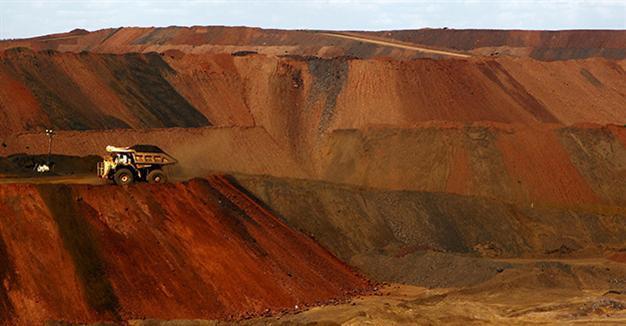Global miners steel for worse after torrid year
SYDNEY - Agence France-Presse

A truck carrying iron ore moves along a road at the Fortescue Metals Group (FMG) Christmas Creek iron ore mine located south of Port Hedland in the Pilbara region of Western Australia, November 17, 2015. Picture taken November 17, 2015. REUTERS/Jim Regan
Global miners are battling to stay afloat after enduring one of the toughest years in recent times, with tumbling commodity prices and supply gluts set to force more closures and massive cuts in 2016, analysts say.China’s once insatiable appetite for commodities - boosted by an unprecedented investment boom in the world’s second-largest economy - has waned, with its shift towards consumption-driven growth dampening demand.
At the same time, large producers have continued to lift output levels, which critics say is designed to flood the market and push out smaller competitors, accelerating the decline in prices.
The iron ore price sank below $40 in early December, its lowest since May 2009, thermal coal prices are 80 percent off their 2008 peak while world oil prices have spiraled down to an eight-year low.
The sharp falls have ravaged the bottom line of miners across the world, pushing smaller players to the brink while tearing billions of revenue out of the government budgets of resources-dependent economies such as Australia.
Even major players such as London-listed Anglo-American has had to slash its workforce by almost two-thirds and shut loss-making mines amid the deepening rout, while Swiss giant Glencore is planning to trim its debt by cutting investment and selling assets.
“You only need to look at any share price to know it’s been an absolutely shocking year for commodity markets and for mining companies,” CLSA’s head of resources research Andrew Driscoll told AFP.
Anglo-Australian BHP Billiton, one of the world’s largest miners, has seen its Australian share price dive by more than 40 percent this year, while stocks in rival Rio Tinto have dropped by 26 percent.
















